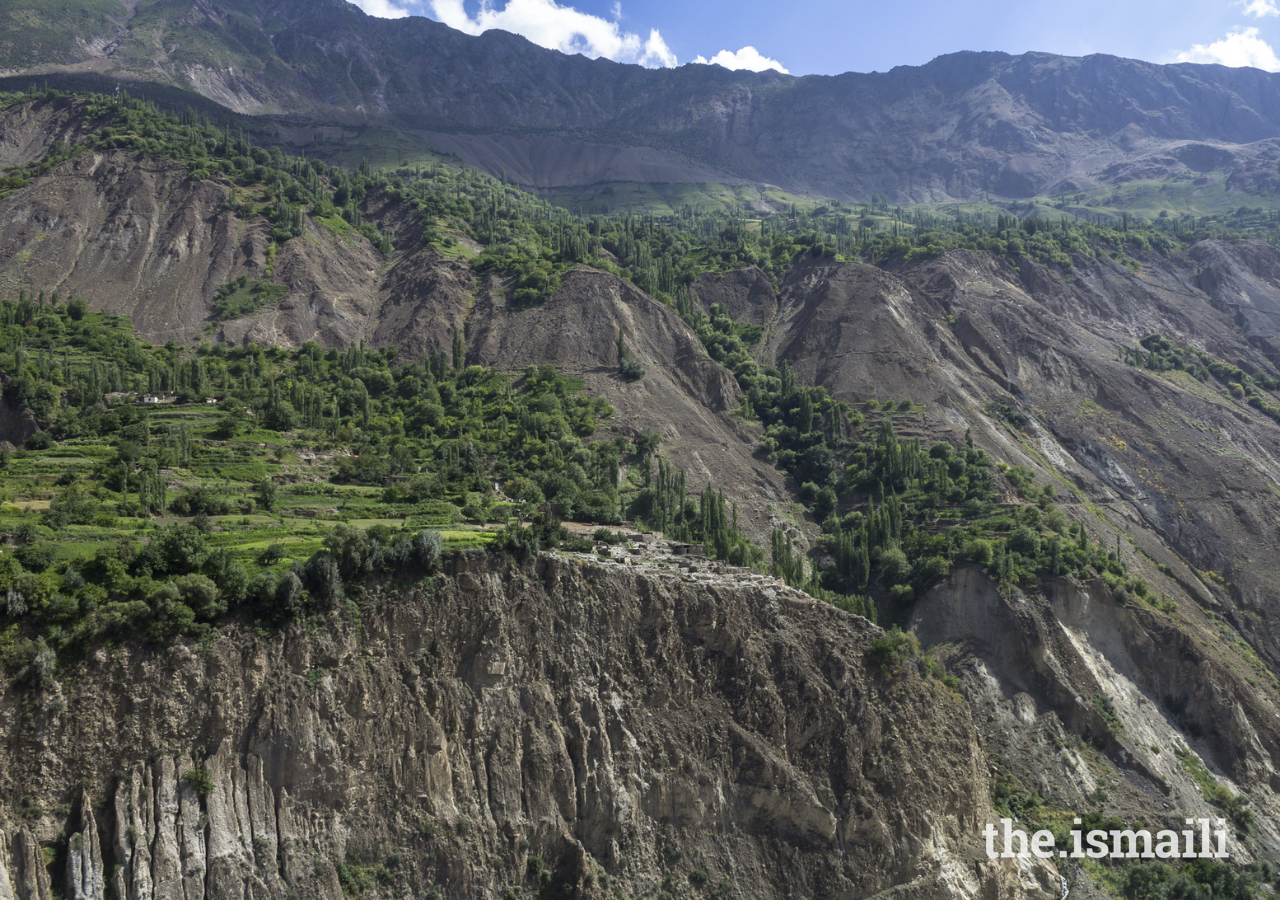The Ismaili Jamat globally, under the continued guidance of the Imam-of-the-Time, has made significant progress in improving its quality of life. However, there are still small populations of Ismailis who continue to struggle in their everyday lives.
Over a number years, the Jamat from Gilgit-Baltistan and Chitral (GBC) has migrated to urban areas either voluntarily, in search of economic and educational opportunities, or by force due to climate disasters that left them with no other option. The latter often arrived in cities with little to no savings, and a lack of skills to establish a sound economic foundation for their survival and progress.
Observing an increase in this trend, the Ismaili Council for Pakistan was quick to respond to the needs of a growing segment of the Jamat who left an agricultural lifestyle, yet were ill-equipped for urban markets. Two programmes, namely the Socio-Economic Development Programme (SEDP) and the Family Economic Advancement Programme (FEAP) contributed significantly to this effort.
When the sole breadwinner for a family of six suddenly died from cardiac arrest, the widowed mother and four children struggled to make ends meet. Two sons withdrew from their educational pursuits and went to work at menial jobs to support the family, without the proper skills to progress further. SEDP stepped in to provide enterprise support to the brothers to initiate a small business, helped their sisters to enrol in school and assisted the family to pay back loans. Only then was the family able to revive their financial condition and become self-sufficient.
“My word of thanks would not be enough for the immense support of SEDP. Without this training I wouldn’t have been able to come this far. I am deeply thankful to the team for shaping my future and helping my family come out of poverty. This has been a blessing for us in these testing times when we were facing severe financial crises,” one the family members said.
The SEDP is strategically designed to meet the contextual needs of the Jamat residing in seven isolated valleys of GBC, and began operating in 2016. The programme has provided supplementary educational programmes such as Bridge Camps, English language, and Early Childhood education as well as financial aid. It also organised various events and recreational camps for youth. Significantly, female beneficiaries constitute more than 50% of participants in these programmes.
Like the SEDP, the Family Economic Advancement Programme (FEAP) also adopts families and provides need-based support. FEAP operates in the cities that receive migrant individuals and families from GBC.
One beneficiary group of the FEAP was a family forced to move to Karachi from Chitral after they lost their land and home to landslides. They received mentoring on how to improve their socio-economic situation without being dependent on any permanent support. The programme counsellors assessed the family’s situation and developed a roadmap to help them reach self-sufficient income levels. As a result of the programme’s support, Imran, the eldest son, set up a successful laundry business, while his two sisters completed their schooling. His family was able to progress financially and live a dignified life in the city.
Both the SEDP and FEAP systems aim to empower beneficiary families to build sustainable earnings. The programmes strive to ensure that households have an improved quality of life, upward economic trajectory, and resilience in the face of adversity.











